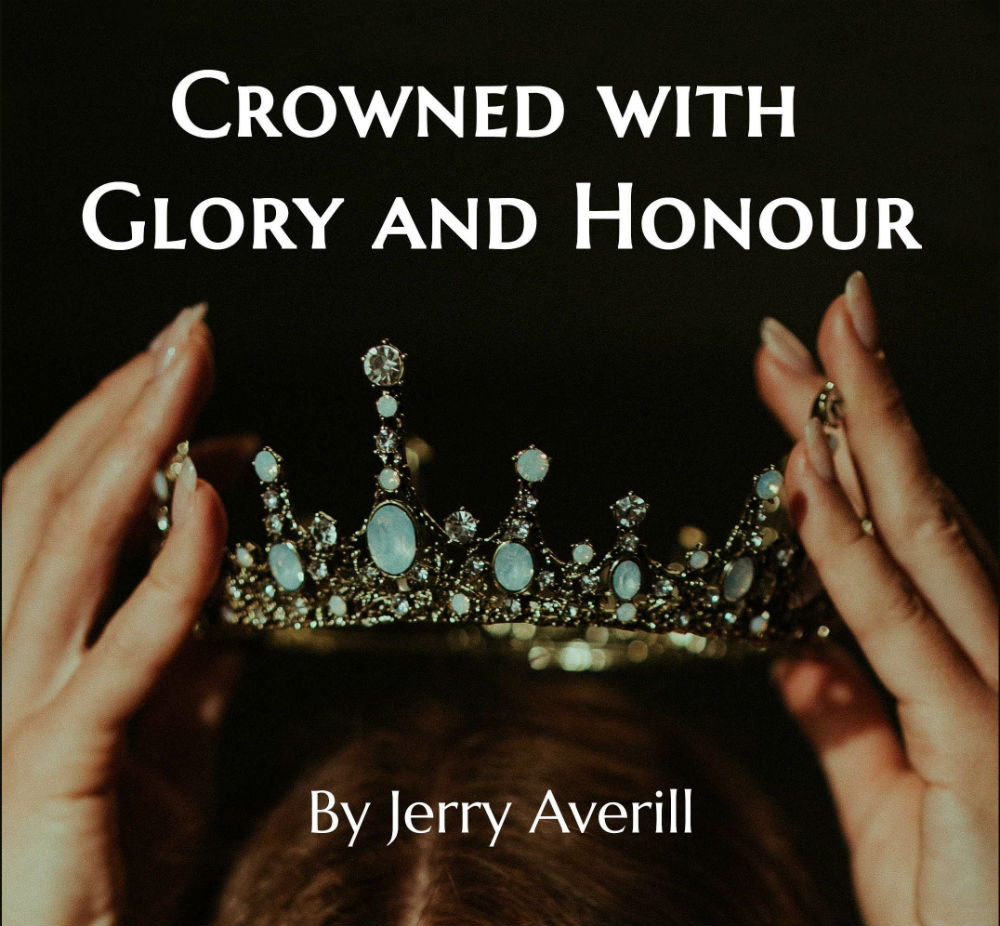This controversial play by playwright Jerry Averill brings the abortion debate to Edinburgh.
[star rating = 2/5 stars]

Crowned With Honour and Gloryis a play about the religious objections to abortion performed by a team of students from Asbury University in Kentucky, USA, led by Dr Jim Shores. The play is presented by The Beating Heart Group, an ecumenical Christian group based in Linlithgow which uses the arts to promote a pro-life message, supported by the Society for the Protection of Unborn Children (SPUC).
The play, as reviewed here, is performed with a cast of American students – although a Scottish cast will be performing later this week.
The cast all performed their roles well although there was a distinct ‘high school play’ vibe to the night. This was not helped by the plays structure of eight short vignettes separated by short sermons delivered by Carol Anderson.
Although Anderson is an acclaimed professional speaker the overall presentation, including sets and costume, was rather reminiscent of Christian youth groups or TV shows aimed at children, such The Story Keepers.
Early in the play’s runtime Anderson says that she wishes the world could be simplified. And this is perhaps the core problem with Crowned With Honour and Glory.
Abortion is a deeply complex and emotive issue and no matter which side of the debate you fall on it should be handled with care and sensitivity. This play does not do that.
Each of the eight scenarios presents oversimplified characters and situations, effectively reducing the play’s capacity to resonate with the people it ultimately hopes to reach.
The first Act compares abortion with the Holocaust, simplifying facts drastically to make the comparison stick.
Victims of mass rape during the Rwandan genocide are somewhat distastefully invoked to support the play’s message, essentially speaking for the women who have been brutalised during the conflict.
It is not clear whether the writing is informed by actual accounts of survivors of the Rwandan conflict or if this is artistic licence.
This obfuscation also carries through to the show’s advertising, which simply asks: what is the value of a human life?
While this is an interesting question which could be applied to a variety of situations, there is no overt reference to religion or the purpose of the play.
Whilst this may not strictly be necessary, such strong Biblical themes may be surprising or even distressing for viewers who come to see the play on a whim, as is often the habit of Fringe go-ers.
None of the above should be taken to mean that this is a production entirely without merit. The performance was well-attended, although there were less than five people in the audience who looked to be under fifty years old, and there were rumours that the previous evening’s performance had also sold out.
Clearly there is an audience for religious theatre in Scotland but we can only hope that future productions will be less misguided in their efforts.

